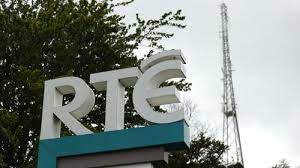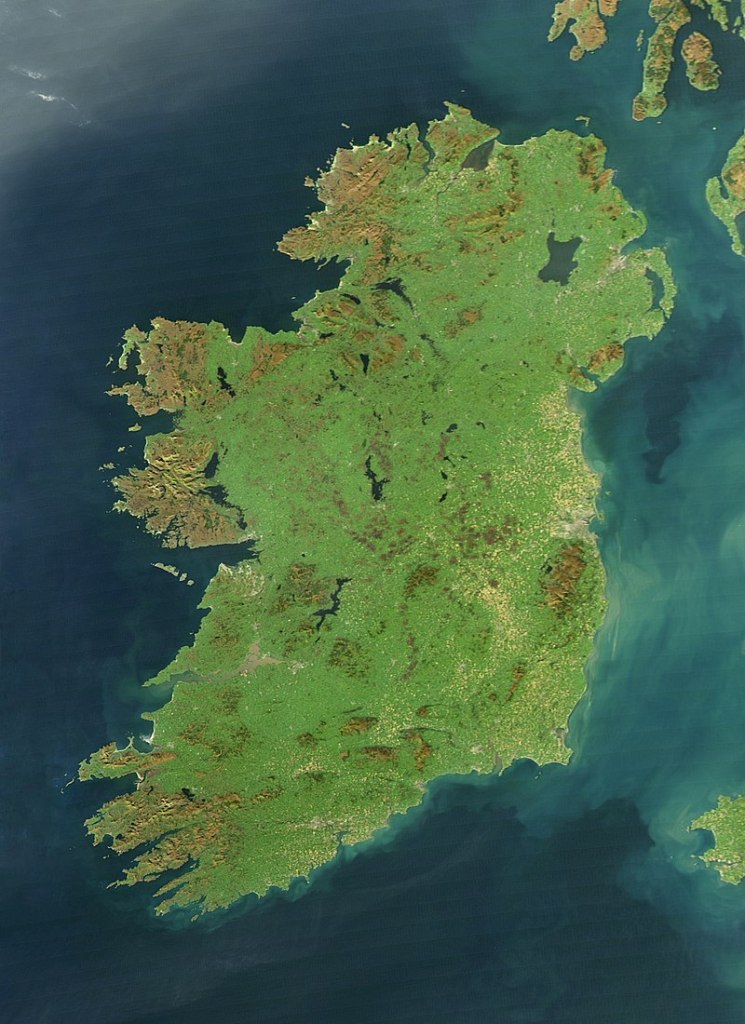It could be said that Ireland has had four phases of development: the first as the country emerged from its fledgling days of independence and civil war before the Second World War; the second one of institutional stabilisation and development in the 1950s and 1960s (think Todd Andrews, TK Whitaker, and the rest); and the third through EEC membership and a series of political crises in the 1970s and 1980s. The fourth – through the last thirty years or so – has seen commercial and corporate success, relative affluence, and international recognition as a beacon of prosperity and peace. Through that time, however, there have been several high-profile scandals, beginning with those in the church, then in the banks, and in recent days an unfolding one within the state broadcaster. Do these scandals have anything in common?
Continue reading “The Legitimacy of Institutions and Political Decay”Category: Legitimacy
As the annual St Patrick’s festival draws to a close, a global celebration of Irishness fostered by the two-headed monster of the Irish Diplomatic corps and the Tourist Board, the DUP in the North is coming under pressure to accept the terms of the latest negotiation between the UK and the EU on post-Brexit arrangements, specifically as they apply to the island of Ireland. There are significant baubles on offer, but in the eyes of most unionists it is one more step away from their cherished union with the big island next door. Nationalists meanwhile have been trying to stifle the laughter at such a self-inflicted wound as Brexit – encouraged by a dreadfully judged political position taken by the DUP – and trying to be mature about the process. A new Ireland must be considered, and planned for, given the imminent reintegration of the six counties into the island nation as a matter of formality. And yet what should that mean?
Continue reading “The Idea of Ireland”
The United Kingdom of Great Britain and Northern Ireland is not as old as some would think. While its history has been better documented than most over the past thousand years or so, its constitution and territory have fluctuated considerably over that time. The current arrangements can substantially be dated to the act of union in 1800, notwithstanding the secession of the Irish Republic in the early twentieth century. A series of threats to the legitimacy of that state are circling, and its breakup appears a very substantial possibility. These threats are not merely the increasing levels of separatist politics in Scotland, Ireland and to a lesser degree Wales, which are symptoms of the fundamental challenges. These are related to some fundamental institutions of the state: Monarchy, Church, Parliament and the Military.
Continue reading “The Failing Legitimacy of the British State”
In considering technological theology, it is necessary to distinguish between what I refer to as transcendent theologies: belief, absolutes, or truth, and what I call lived theologies: scripture, ritual, mantra, holy places and order. Transcendent theologies are claims to higher knowledge, beyond what is possible in nature, in areas like life after death, and the existence of God (upper case ‘G’). Lived theologies are claims about how one should live in order to serve god (lower case ‘g’), what it means to live a good or successful life. Transcendent theologies in one sense do not matter to our life on earth; they are by definition unprovable, revealed to us through prophesy, and while they may inform our lived theology, they relate to a higher order of existence than that with which we are currently concerned. Lived theologies are extremely important, and while often informed by revealed religion, they predate all of the great modern religions. Each of us adheres to a lived theology, with some base understanding of right, and righteousness, whether that’s an altruistic, socially sensitive collectivism, or a Darwinist individualism. In each case we seek to advance our interests based on an understanding of the world, an evolved ontology – that is our lived theology.
Continue reading “Computational Theocracy”
In considering my proposal of technological theology as a waypoint in our current trajectory, from religious, political and economic theology, the idea of epistemic theology was brought to my attention in considering the grounding of Carl Schmitt. There have been questions about the theology of Schmitt (was he primarily Christian, or secular?), and some questions over whether political theology is about the politics of theology or the theology of politics; medieval political theology certainly appears to have been about the latter. Adam Kotsko suggests political theology is more concerned with the relationship between the two fields of theology and politics, though the consensus is moving towards what he calls a politically-engaged theology. My reading, reflects a range of kinds of theology, in that political theology is an ontological structure, allowing the world to be understood and engaged with. Just as Deleuze and Guattari argued that the role of the philosopher is to ‘create concepts’ (What is Philosophy?, 1991(FR), 1994(transl.), Columbia, p.5), so political theology is a way to understand the world, to understand the real in social, or more specifically political terms. It is, in Schmitt’s explanation, a secular theology (Political Theology: Four Chapters on the Concept of Sovereignty, Chicago UP, 1985/2005).
Continue reading “Epistemic Theology and Epistemic Technology”The analogy has been drawn before – that Facebook is like a country. As far back as 2010, The Economist suggested that Facebook was beginning to look like a nation state, comparing a meeting between CEO Mark Zuckerberg and the new Prime Minister of the UK David Cameron as ‘more like diplomacy’. In 2014 the Financial Times quoted Zuckerberg as saying to a new hire ‘[t]he best thing to do now, if you want to change the world, is to start a company.’ In 2018, Vox declared Facebook a Monarchy. But its most recent challenges and changes – specifically the establishment of a new ‘oversight’ board – have been towards addressing a fundamentally political challenge: establishing Facebook’s legitimacy.
Continue reading “Facebook: The Legitimacy of a Nation State”

